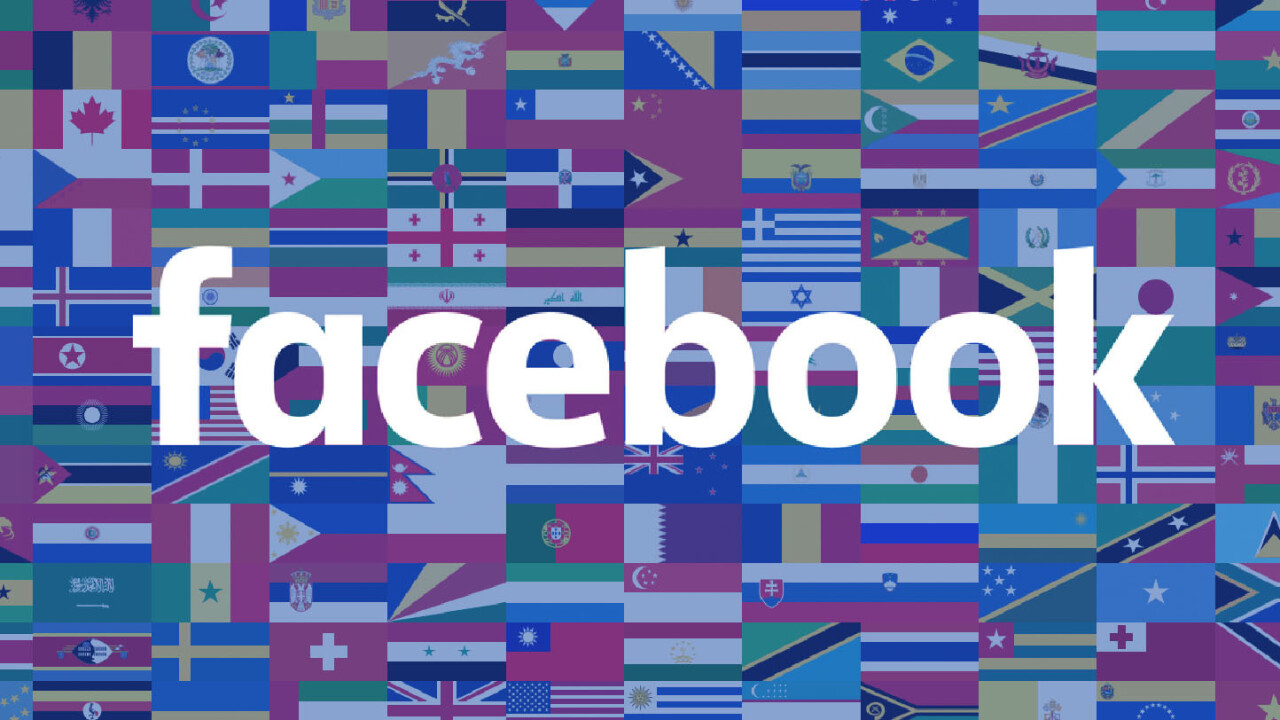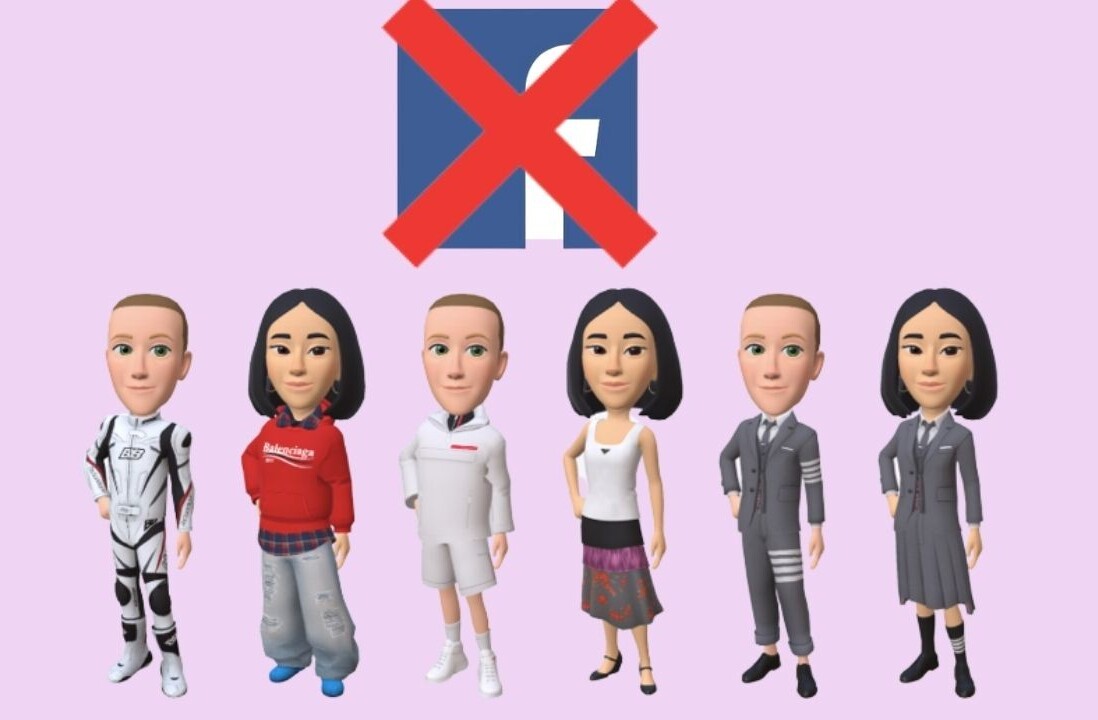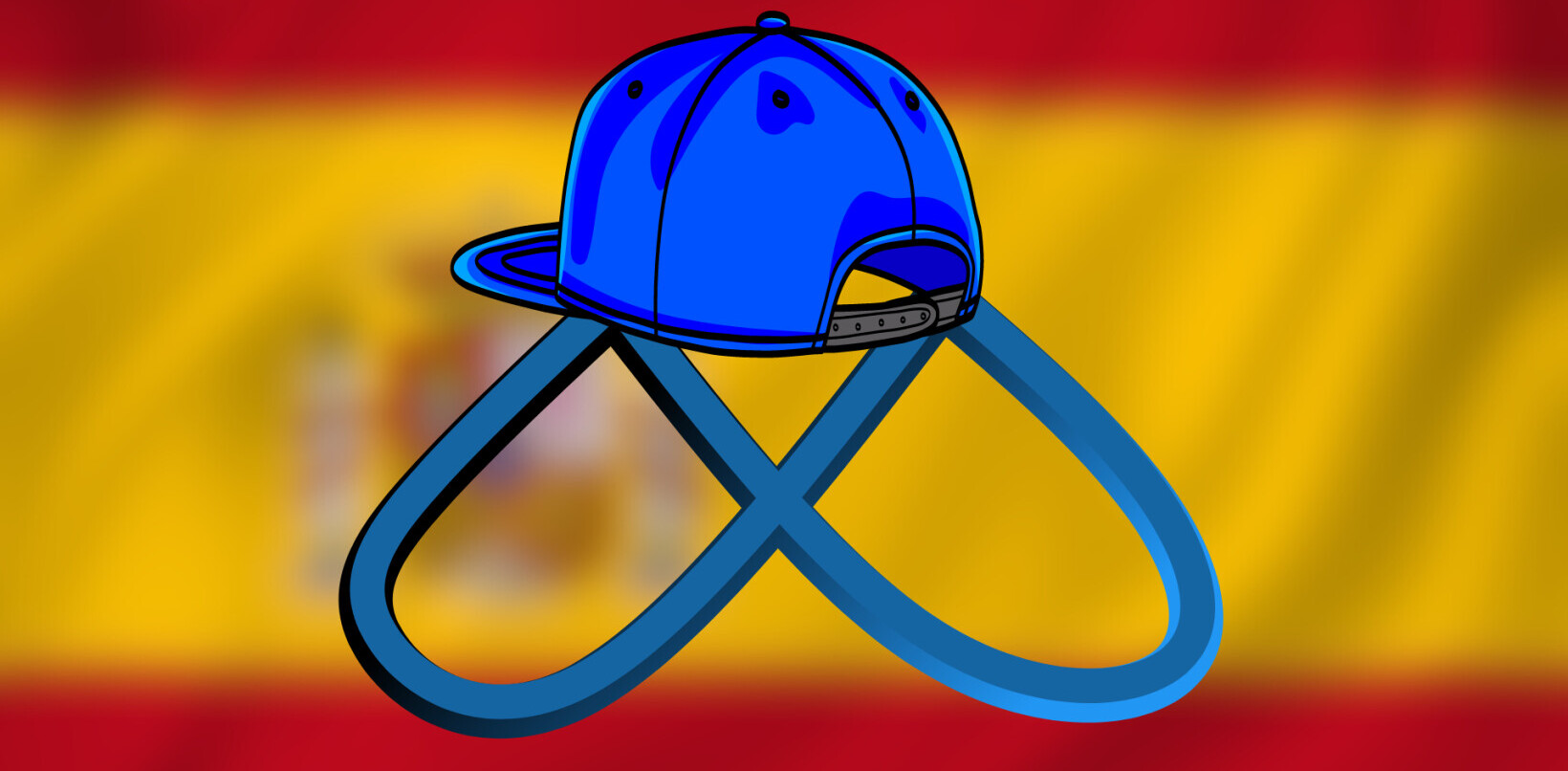
Facebook is at it again, unleashing advanced AI networks on the world. This time, instead of being surprised by the ability of computers to create their own language, Facebook is using them to help us better communicate in ours.
The social network’s AI research team have turned translation services over to AI completely, it said in a post from an official blog. Facebook’s Applied Machine Learning team has been training its AI to better understand how things like slang, typos, and intent work, in order to provide more accurate translations.
They’re using a type of neural-network called a convolutional neural-network (CNN), which has traditionally been relatively poor at this kind of thing. The common approach had been to use a recurrent neural-network.
The essential difference, for those of us who aren’t machine-learning programmers, is that the latter can only process things in order. A CNN can process all the data at once. This is obviously more processor intensive, but it’s 2017 and computers are pretty powerful.
The new translations are noticeably better than before, instead of translating phrases – which could sometimes lead to results that bordered on nonsense – it now translates word-for-word and tries to find a better approximation for intent. Even if a word doesn’t exist from one language to the next, it’ll do it’s best to present a readable translation.
All the hooplah surrounding Facebook’s AI recently has been a tad over-blown, but better translations are good for everyone.
As someone who works with an international team of co-workers spread all over the globe, I find myself exposed to different languages, on Facebook, daily.
Facebook’s Applied Machine Learning team makes communication with people who don’t speak the same languages seamless, effortless, and integrated into Facebook. That means 2 billion people can share and connect beyond borders or dialects.
How do you say “thanks robots!” in binary?
Get the TNW newsletter
Get the most important tech news in your inbox each week.





